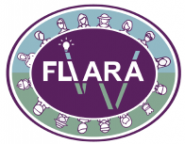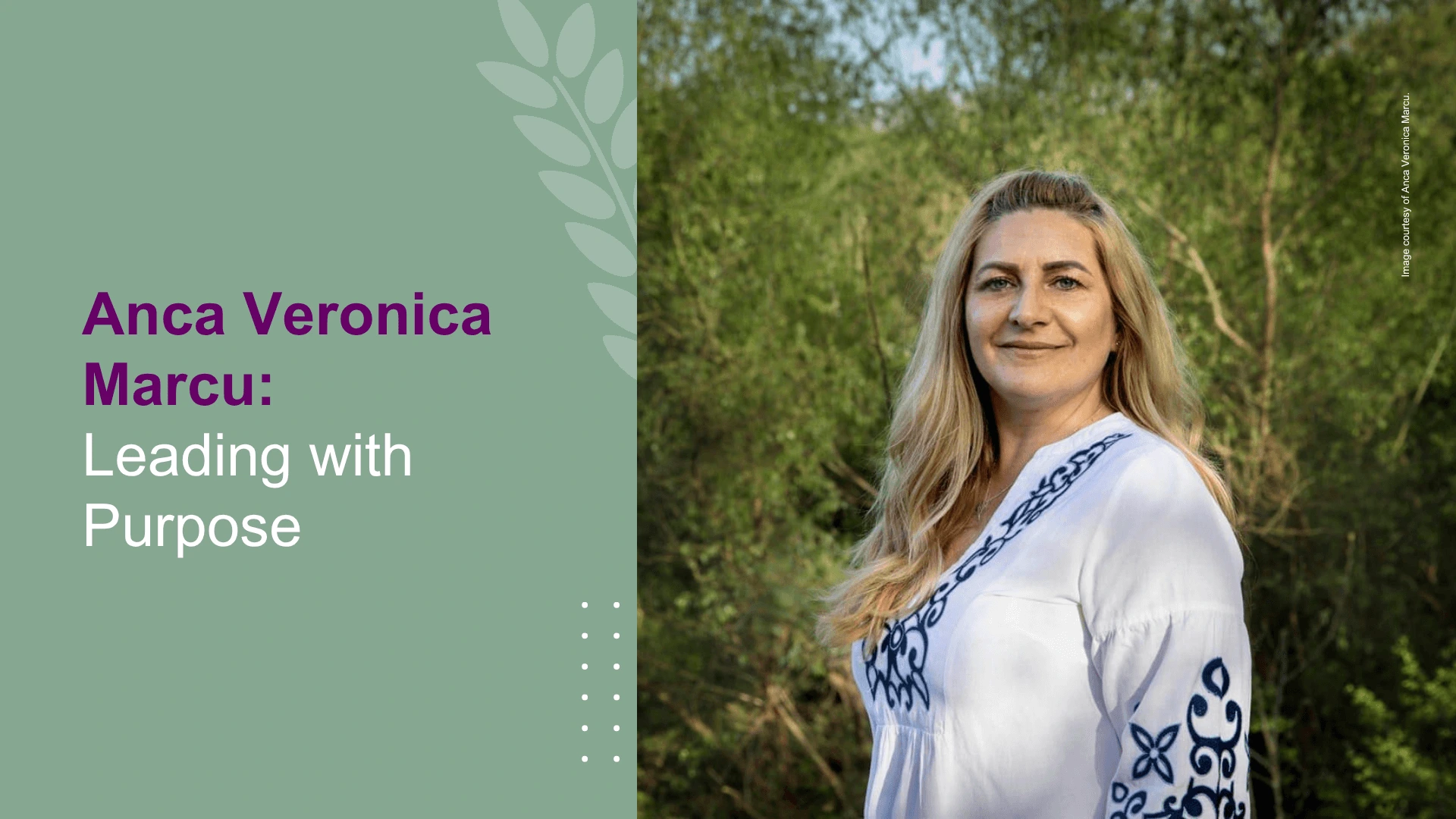In the heart of Transylvania lies Cojocna, a small commune of 4,300 people with a long multicultural history. It is here that Anca Veronica Marcu, the daughter of this village, is reshaping the way local leadership is understood—not just in her community, but across Romania’s rural landscape.
“I think that innovation is really important,” she tells FLIARA, her voice firm yet warm. “Sometimes the path isn’t in front of you—you have to create it.”
Her path began in the classrooms of her hometown, where, after finishing her pedagogical studies, she became a schoolteacher. Teaching was more than a profession; it was her first taste of public service. But the world had more in store for her. In her early twenties, she moved to Spain, working as a social educator and becoming active in the syndicate movement. Those years abroad, she says, gave her a broader understanding of community, solidarity, and the power of organised action.
A decade later, she returned home to Cojocna determined to put her experience to work. “I came back because I felt the need to contribute,” she recalls. “My village had potential but also many challenges.”
From Resistance to Leadership
Her return was not easy. In 2020, she decided to run for local councillor—a bold step in a place where women had rarely held positions of political leadership. Scepticism was immediate. Could a woman handle the responsibilities of public administration?
Instead of being deterred, Marcu doubled down. She walked the streets, spoke with families, and listened closely to the concerns of each ethnic group in her diverse community. Her authenticity struck a chord. That same year, she was elected Deputy Mayor. Four years later, on June 9, 2024, she broke another barrier: becoming the first woman mayor of Cojocna.
“The biggest challenge was to show people that women can do as well as men in public positions,” she says. “The mentality was the biggest barrier.” Campaigning brought personal attacks aimed not at her policies but at her identity as a woman. Yet she stood firm. “I just held on—and it worked.”
Revitalising Cojocna
From her first days in office, Marcu refused to let her mandate be symbolic. She focused on concrete, lasting change. One of her flagship initiatives was the revitalisation of the Cojocna Baths, a historic thermal resort that had long been a financial drain on the local administration. She formed a committee to investigate its failures and launched a turnaround strategy. Today, the Baths are a profitable enterprise, generating much‑needed revenue for the commune.
She also championed environmental reforms. Cojocna saw its first recycling programme, tree‑planting campaigns, and the protection of green areas under her leadership. Parks and public spaces began to bloom, offering not just beauty but a renewed sense of pride in the village.
But perhaps her most personal contribution came in health and social services. Understanding the challenges families faced in accessing specialised medical care, she brought paediatric and cardiology services directly to the village. She also ensured that new community spaces would serve both children and their mothers, creating hubs for connection, education, and support.
“As women, we are often the ones preoccupied with family, with creating a good environment for our children,” she says. “So I wanted to build a village where women and their families could thrive.”
Changing the Face of Local Politics
Marcu’s leadership has had ripple effects beyond infrastructure and healthcare. Her presence—and success—in politics has opened doors for others. “I was the first woman Deputy Mayor and now the first woman Mayor,” she notes. “For the first time, we also have four women in the local council—three of them were promoted by me.”
The impact is cultural as much as political. Women who once stayed on the sidelines are now stepping forward, inspired by her example.
Moving Forward with FLIARA
For Marcu, the FLIARA project, comes at the right time. She hopes it will amplify the message that female leadership is not only possible but transformative. “If I do everything well, it will be important for the other women that are looking at me,” she says. “I hope to inspire them to go for it, to assume public roles, and to support one another.”
Support, she stresses, is the key. “Whenever women need help, they must also help each other. Maybe you don’t find the support you need in the first person, but maybe in the second or third. You need to be perseverant and never give up on improving your community.”
A Vision for the Future
Her goals remain ambitious. Over the next years, she intends to expand child‑focused programmes, strengthen healthcare services, and deepen women’s empowerment initiatives. But her vision stretches beyond Cojocna.
“I saw in Spain how much progress women had made in leadership roles,” she reflects. “Romanian women deserve the same opportunities. We look at those who have overcome barriers, and we take small steps forward every day.”
If the past years are any indication, Anca Veronica Marcu’s small steps are paving the way for a giant leap in how rural Romania views women, leadership, and the future of its communities.



